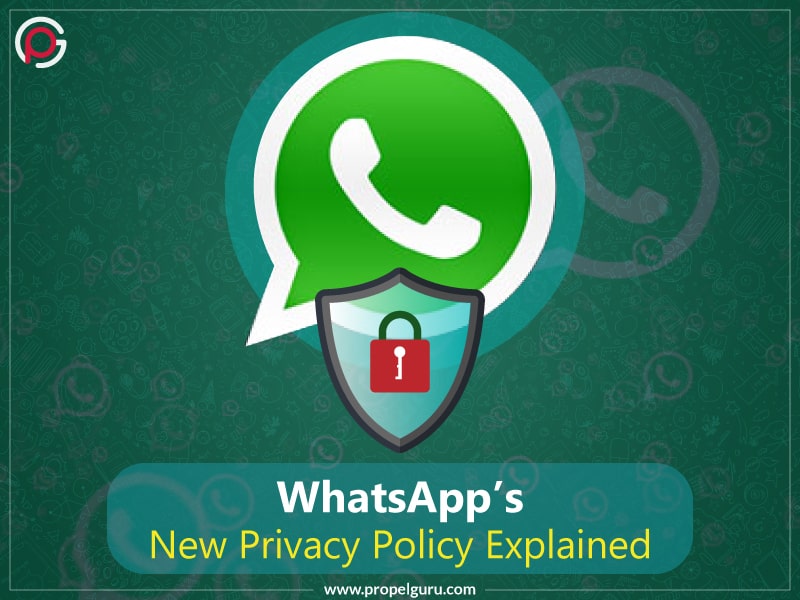Sharing is caring!
Messaging app WhatsApp has redefined its Privacy Policy. The app has also asked its users to accept the privacy policy before February 8, 2021. This means users will have to give access to WhatsApp to keep using these services.
These new policies list down how WhatsApp collects user’s data and what it does with it.
Besides the changes in how the app collects the data, some other actions are added, like transactions, payments, and location information of the users. Here we have picked up some of the key highlights of the privacy policy and the application’s major changes.
Readers can also read the policy in detail here.
This is not the first time when the app has made changes to its privacy policy. The Facebook-owned instant messaging platform has made some of the significant changes in its policy with the beginning of the year 2021 as it did last year. However, The new terms and privacy policy update are quite similar to the privacy policy was announced by WhatsApp last year.
WhatsApp has also mentioned that even after the privacy policy changes, it remains end-to-end encrypted, which means all the messages sent or received on the app are safe.
With changes in its policy, WhatsApp is bringing in three updates — how the app processes the user’s data, how business can use the Facebook hosted services, and more integration of Facebook’s other products with WhatsApp.
WhatsApp’s new policy has allowed users to interact on the business platform to store or reshare data and information related to the user and even the third-party services that may include Facebook itself.
Businesses that a user interacts with on WhatsApp can also provide data and information related to the user to WhatsApp, multiple people in the business, or third-party services the business works with, that may also include Facebook. Business is also provided with certain metrics regarding their use of Facebook hosted services of the WhatsApp.
Whatsapp has also mentioned that it doesn’t retain users’ messages and messages stored on the user’s device. Undelivered messages are stored until 30 days and then deleted if still undelivered.
